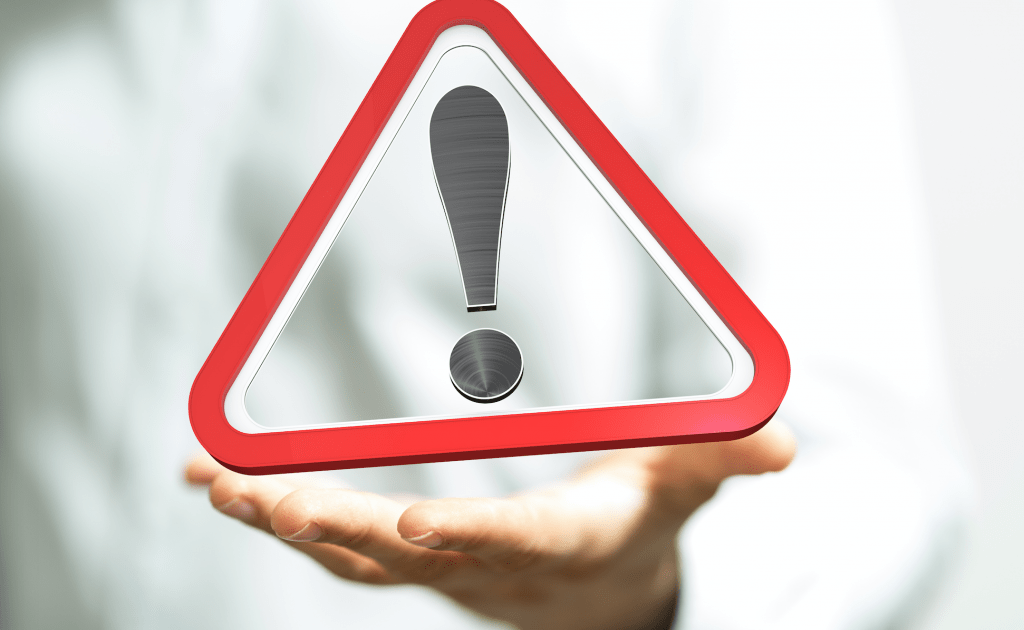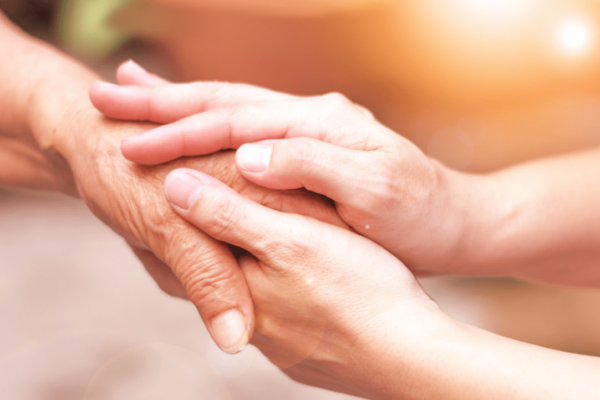5 Common Warning Signs of Relapse

When you suffer from an addiction there is a very real possibility of a relapse. With so much temptation and stress, it is very easy to slip back into bad habits.
A relapse is a tricky situation if you are in recovery yourself. You will often find that the warning signs are there far before the relapse ever occurs. It is imperative that you and your loved ones are educated in some of the warning signs that occur before a relapse.
Some of these warning signs will not be as obvious as you may think and can be mistaken for a simple “bad day” but when one bad day turns in to 2, 3, or more the temptation for previous stress relief can be very alluring.
Hopefully, after reading this article you will be better equipped to notice warning signs in yourself, your loved ones or anyone else you may be worried about.
Change in Attitude
You may feel that your recovery program isn’t as important as it once was. You might even fall prey to ‘stinking thinking,’ which is the direct result of not working your program as you did before. You might feel something is off but just not sure what it is.
This change of attitude can be a clear warning sign that a relapse may soon occur. It may be misconstrued as a feeling of “Oh I’m doing much better, I don’t need to try so hard” or maybe you think you can even give up altogether.
This is actually a trick of the mind. It is the brain convincing you of what you want to hear to allow you to do what you really want to do. The brain is a fantastic organ but it most certainly can be a mean and unforgiving one if it wants to be.
Ensure you don’t let yourself be tricked.
Denial
This type of denial is not about denying you have an alcohol or drug problem, it’s about denying you are experiencing stress and difficulty in your life. You typically spend time telling yourself and others that everything is okay, but it’s really not.
You convince yourself that you’re not scared, worried, sad, or angry and that although you might be experiencing some of those emotions you are now working through them and all will be okay in the long run.
This denial can be incredibly damaging to your health as this may continue to build in you until you release it through whatever outlet is easier. Ensuring you are talking to your support group will help you to alleviate the stress and worries you are feeling. If you don’t, you may, unfortunately, fall back into old habits.
Change in Behavior
The beginning of using poor judgment will begin once again. As a person in recovery you may now tend to create problems by acting impulsively and not thinking situations through. Avoidance of situations or even responding defensively when honesty is what’s being called for may also be increasingly common. You may even notice yourself participating in illegal activities again which will lead down a dangerous path.
A change in behavior can be a difficult aspect to correctly identify as it can be very easily be mistaken for a simple bad day. These changes of behavior can be caused by an increase of frustration and stress in your life.
An example of this may be when being questioned about your sobriety, which is going well, you may snap at the person who asked. This is something you should be proud of and want to let people know, snapping at someone can be seen as suspicious behavior.
Loss of Hope
In this sign of relapse a recovering addict will now feel options are limited, and if he or she doesn’t feel that they are, the slightest problem will suddenly make them feel that way. It may now be typical to cut people off who can help and lose confidence in the ability to manage life as it is.
Loneliness, frustration, helplessness, anger, resentment, tension, and desperation are in the forefront and the might only seem to be three ways out; jail, treatment, or death.
This can be a dark time in the addiction recovery process and it is incredibly important to look out for this sign and act upon it immediately, whether that be calling a health care professional or simply talking to another person in recovery.
Isolation
Finally, not sure what to do, the recovering individual will them begin to make excuses to keep from being in social situations. They might be uncomfortable and withdraw from all friends and family, and even steer clear of meetings and other forms of support.
This lack of social support can be incredibly devastating to a person in recovery.
This is a vicious cycle, the lack of support and social interaction may be caused by a feeling of no one understanding what it is you are going through – however no one will understand and be able to support you fully unless you inform them what you are going through and how you are feeling.
The biggest takeaway from this article is that once you are in the recovery process, to stave off of a relapse you need a support network around you. Having friends, family and professionals to pick you up and talk to you are one of the biggest supports you can have.
If this support network is properly educated in the warning signs of a relapse, the chance of a relapse if much slimmer. Unfortunately, there is always a chance that it may still happen. If an person truly wants to relapse there is no stopping them.
The aim of this article, however, is to stop them before they get to the need of wanting to relapse despite anybody’s best efforts.


